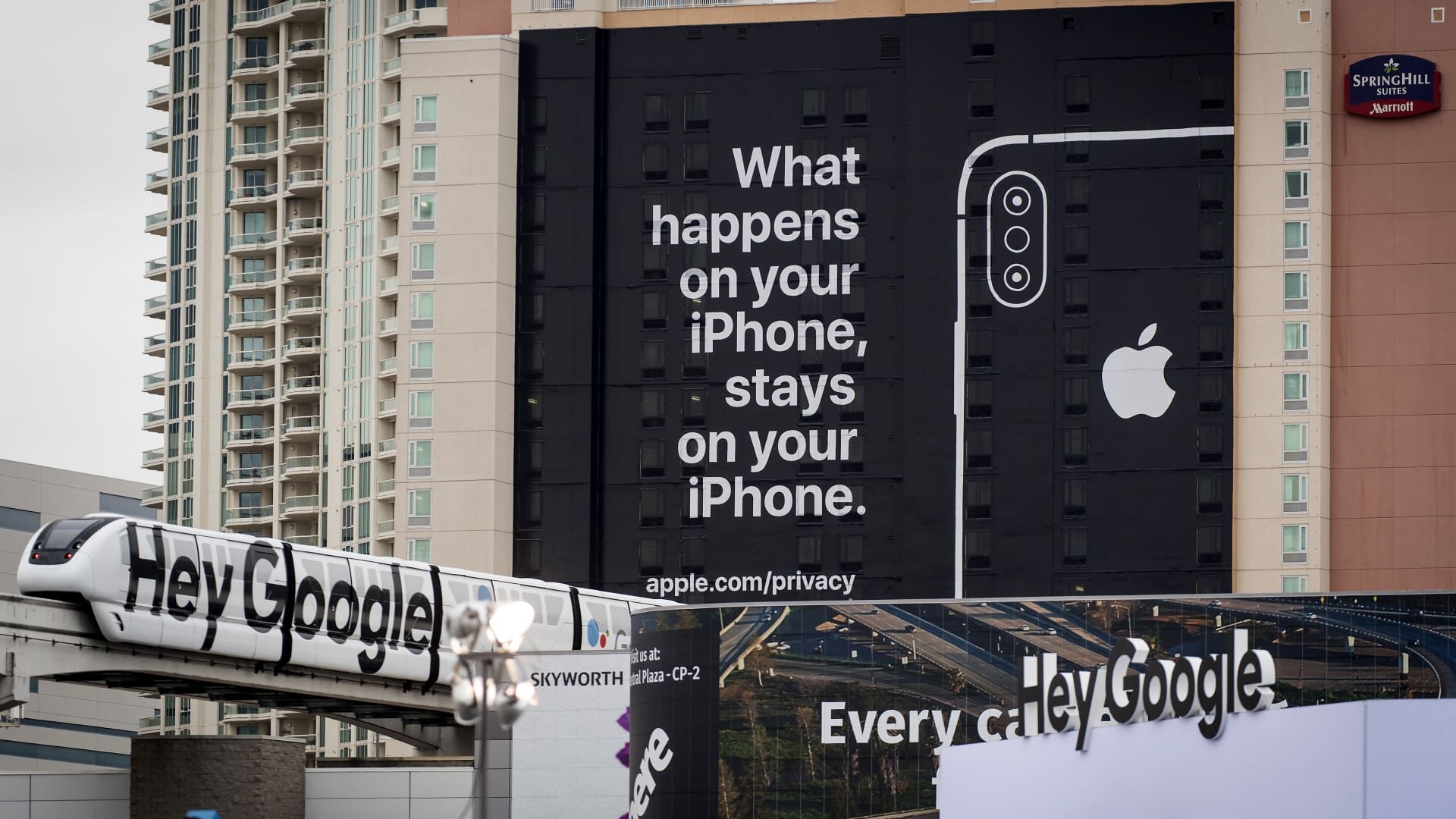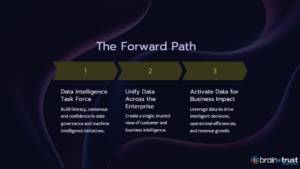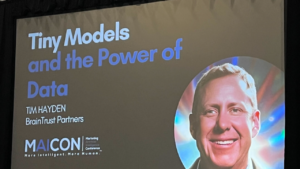In this episode of Brain+Trust’s Say-It-Again podcast, Jo takes a whack (get it?) at the story of Lizzie Borden, whose lasting legacy of murder and betrayal still manages to resonate well into the 21st century. There’s just one problem: Lizzie was innocent. Today, we’ll take a look at some of the personal and societal reasons that Lizzie was accused of murdering her parents in the first place, how it relates to data, and why the digital Right to Be Forgotten will be a crucial conversation in the years ahead. Brain+Trust CEO and technological explorer Tim Hayden co-hosts this one.
You can listen to this one on Spotify, Apple Podcasts, Amazon Music, Radio Public, and more — or, simply click on the Spotify player, below, and let us know what you think of today’s episode in the comments.
SHOW NOTES
- Some of the research we did on Lizzie Borden came through Unsolved Murders on the Parcast Network, as well as The Lizzie Borden Podcast, Famous Trials, and Wikipedia.
- We mention Lizzie Borden showing up on an episode of the Simpsons. You can check that out here.
- While conceptually related to the FTC Safeguards rule, The Right to Be Forgotten is actually a separate set of proposed laws. Defined as, “the right to have private information about a person be removed from Internet searches and other directories under some circumstances,” the concept has been discussed and put into practice in several jurisdictions, including Argentina, China, the European Union (EU), and the Philippines. The Right to Be Forgotten specifically cites individuals’ rights to, “determine the development of their life in an autonomous way, without being perpetually or periodically stigmatized as a consequence of a specific action performed in the past.”
- We mention Lizzie Borden’s uncle, John Morse, who really kinda, sorta seems like he might have killed his brother-in-law and his new wife the night before Lizzie found them hacked to bits. You can explore that theory in Rich Little’s book, Cold Case to Case Closed.
- Tim mentions the Apple privacy push that really kicked off at CES in 2019, with a link to Apple’s Privacy Page featured prominently on the ad, which you can see for yourself, here:

Apple’s privacy push ahead of CES 2019.
- We talk about telemarketer calls in the 1980s and 90s, which led to the national do-not-call registry. This was such a problem that the Simpsons made fun of it, but the fact remains that people still deal with telemarketers and, in many cases, don’t even know that registry exists! If you haven’t already, go to it, and put your number in it.
ORIGINAL CONTENT FROM BRAIN+TRUST.







